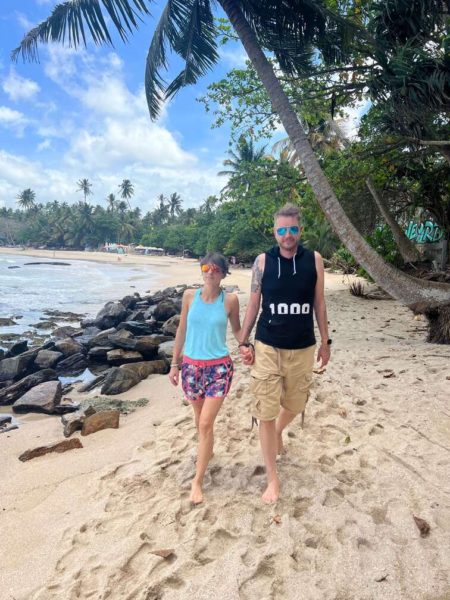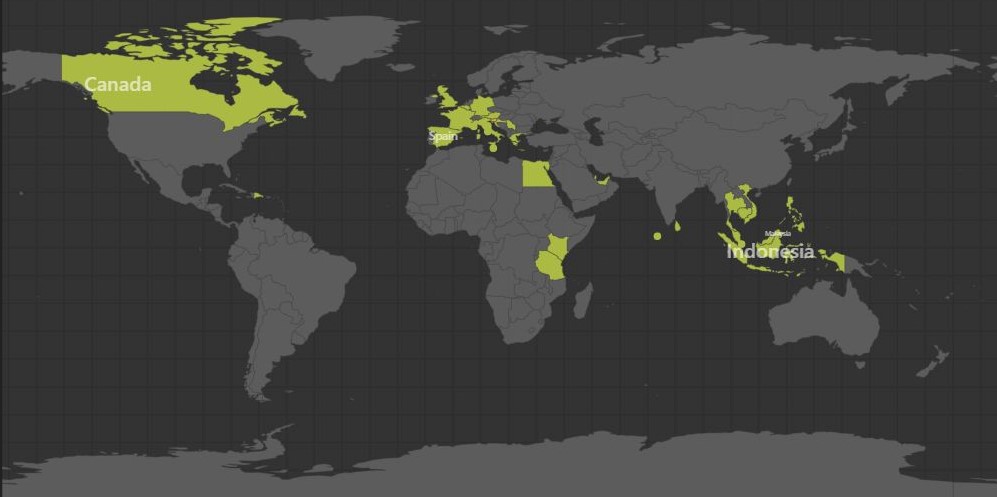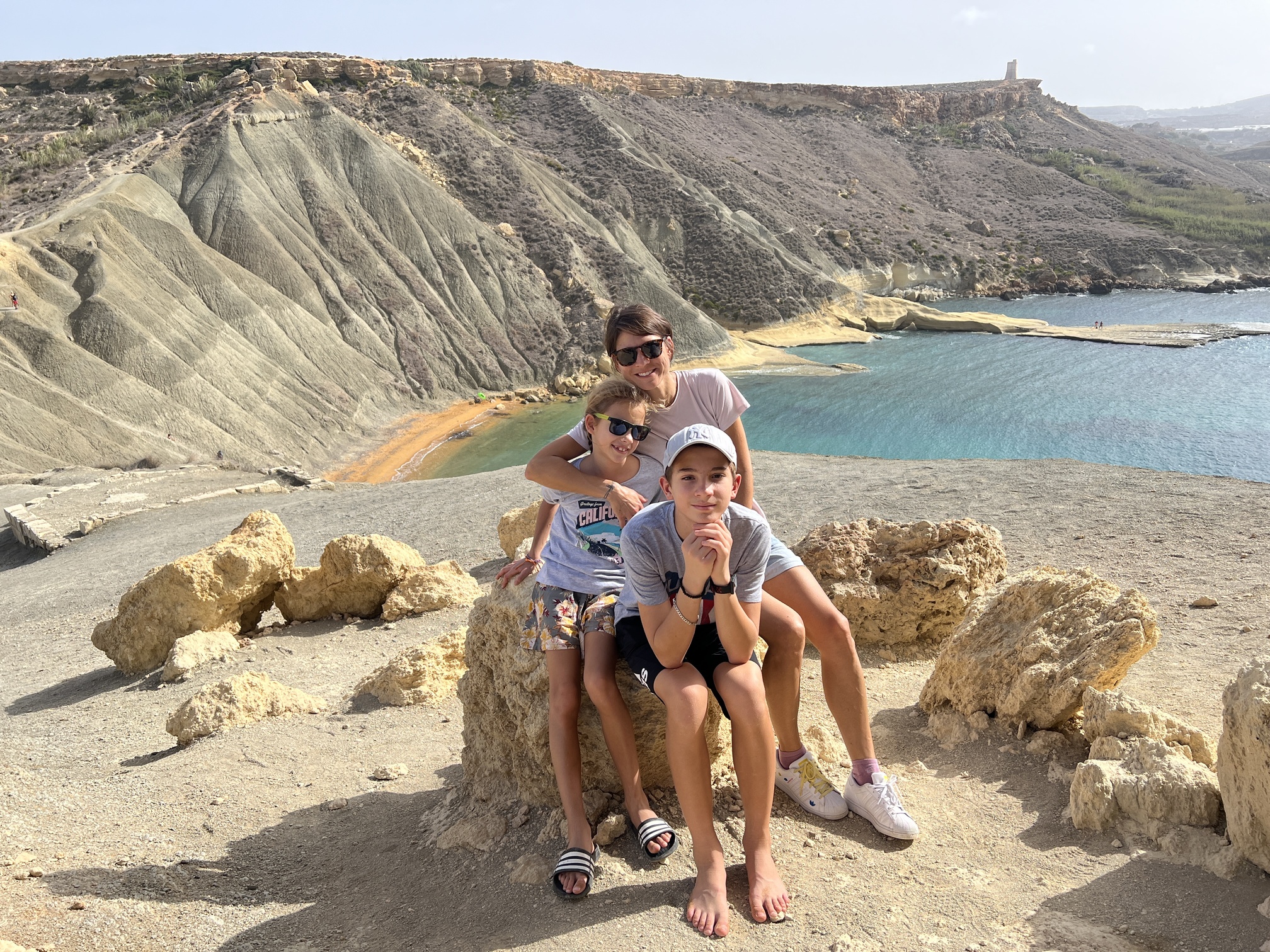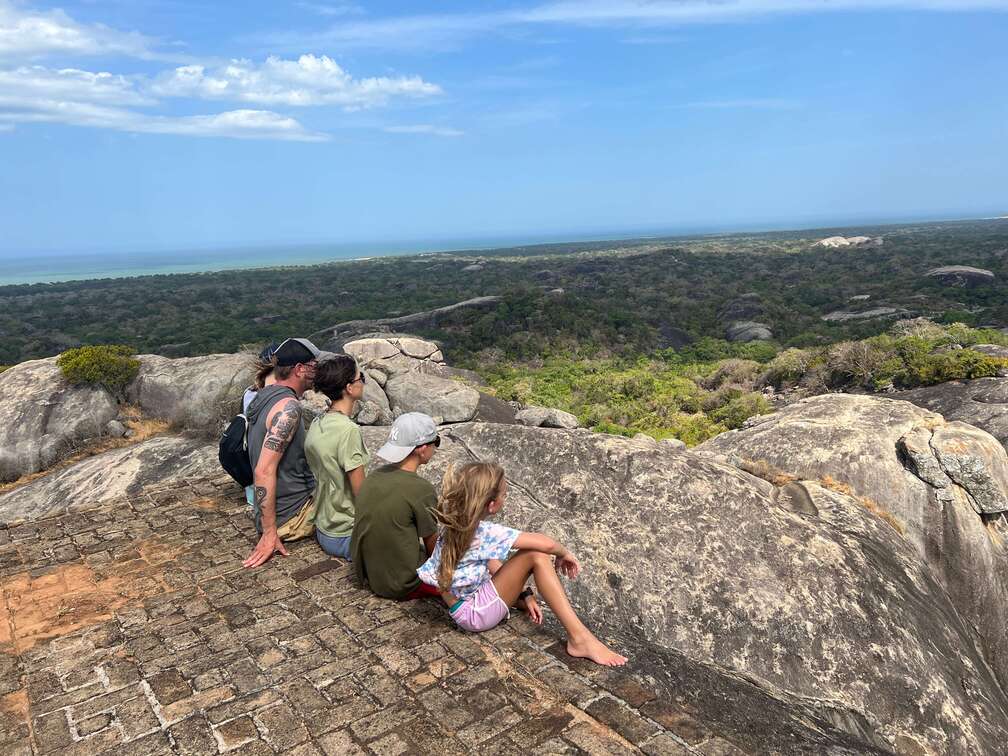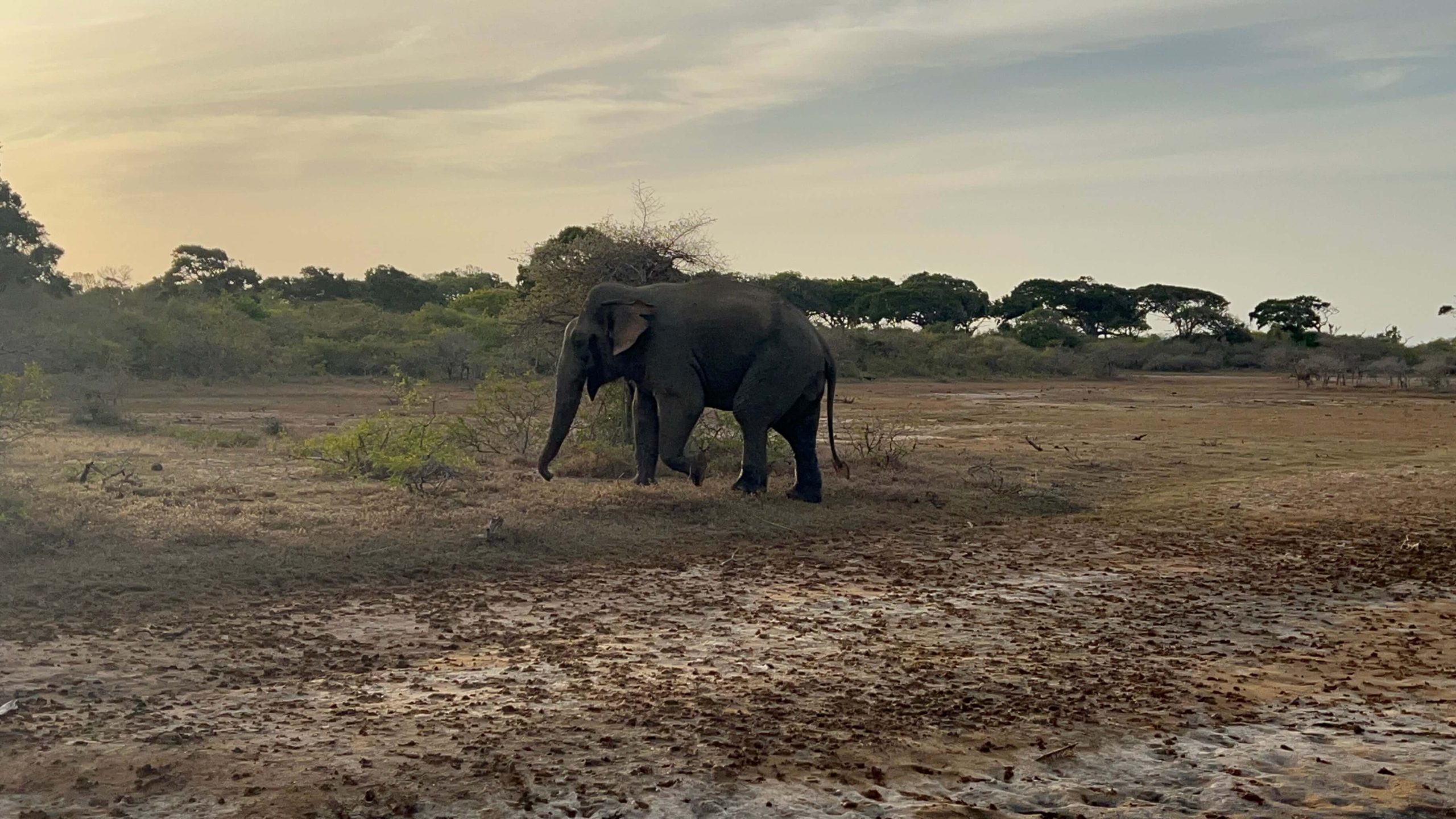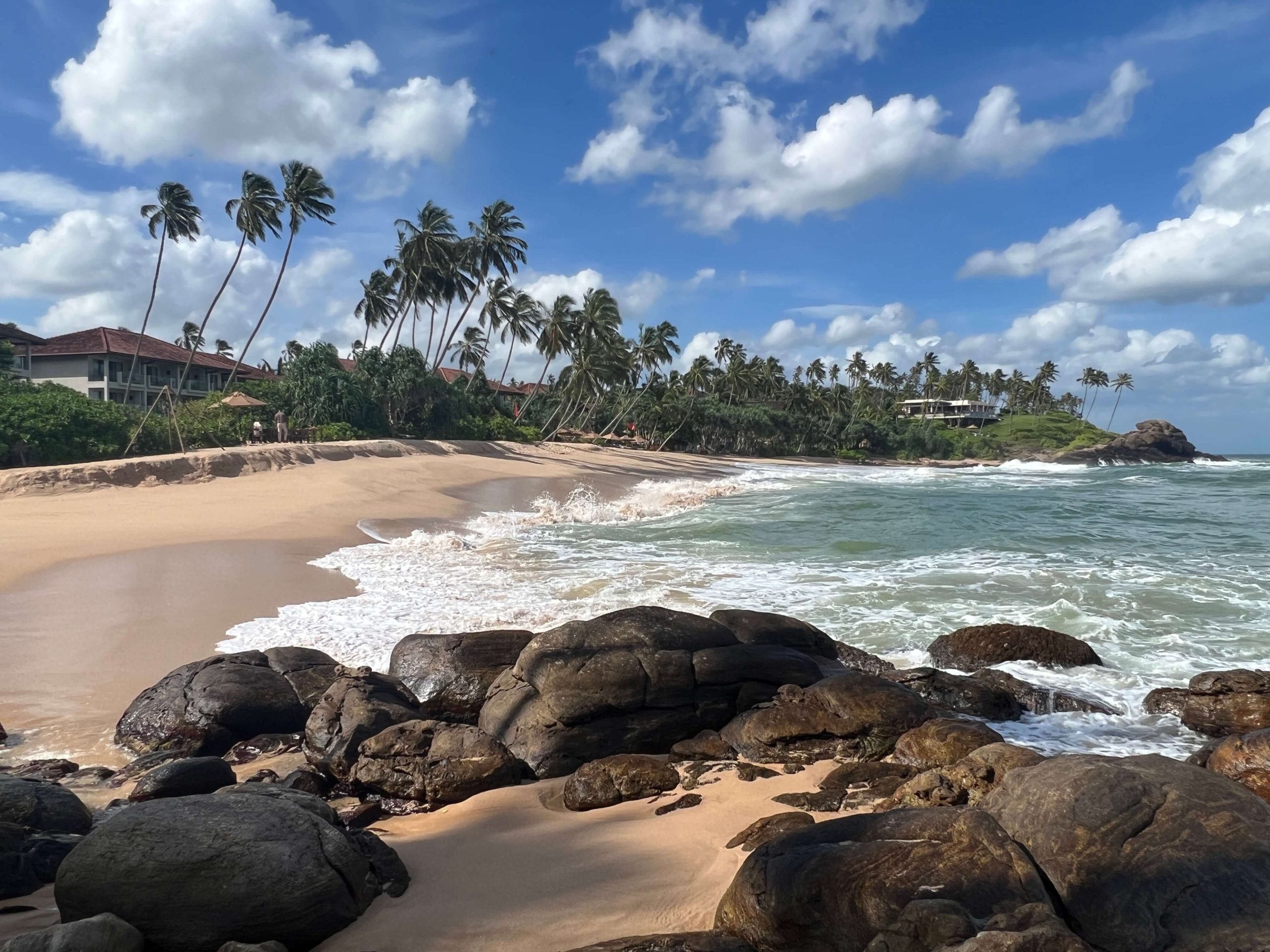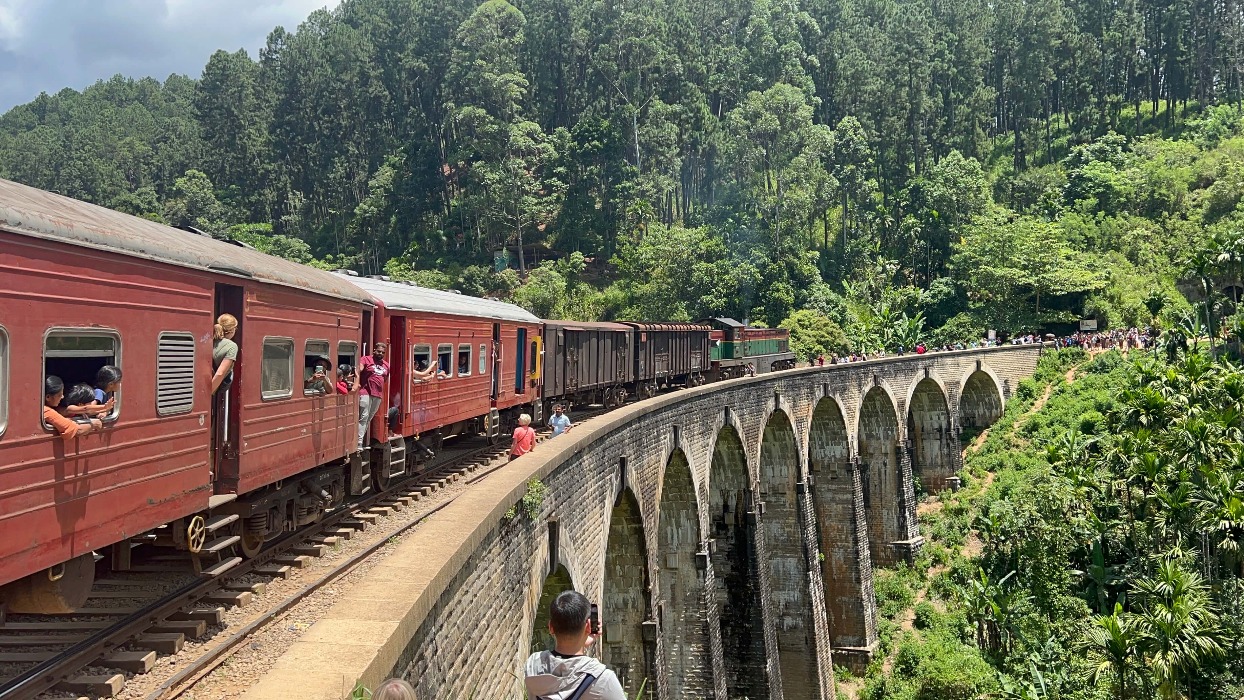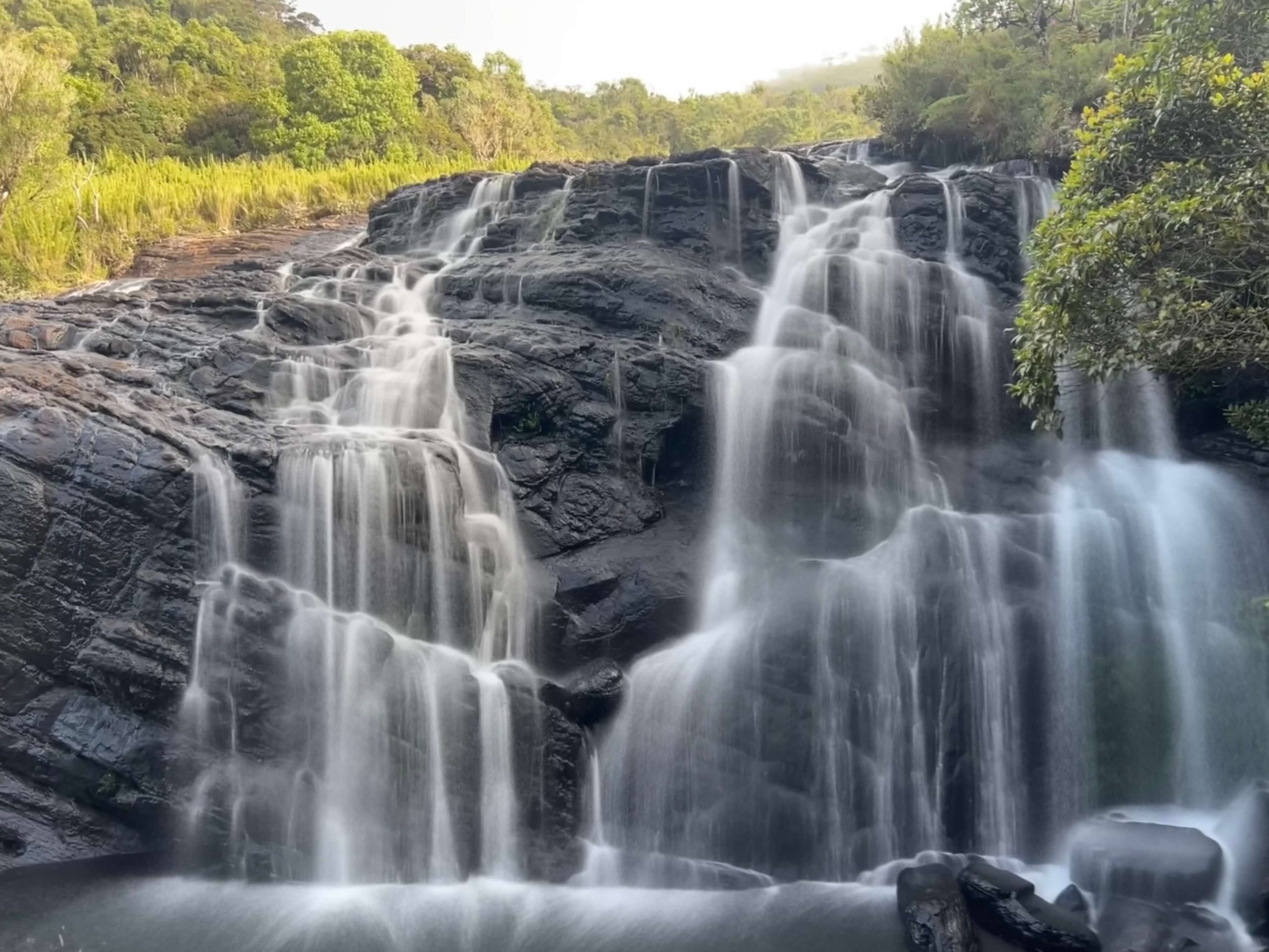When visiting unfamiliar places with language barriers and different customs, travelers often find themselves the target of unscrupulous individuals looking to take advantage.
Scams in Southeast Asia are no different; most are based around the naive trust of tourists who are enchanted by the people and the place they are visiting.
The only way to avoid to scams is to know about them in the first place. Here are a handful of common rip-offs to be wary of when traveling around Southeast Asia.
Bellow you will find some examples of scams you can encounter while traveling around based on traveling companion’s stories.
1. Beggars, Monks, and Students
Some popular scams in Southeast Asia which appeal to your humanitarian side include:
Some women in northern Thailand smear grime on their baby’s face then walk around with an empty bottle asking for money.
Popular in Malaysia, men dress in Buddhist monk’s robes and roam the city asking for donations for their temples. If you want to donate, do so at the temple itself rather than through an individual on the street.
Young people claiming to be students that are no longer able to afford their education ask for money to stay in school. In Laos, Cambodia, and Thailand, many claim to be art students attempting to sell their work – cheap imitation prints – in order to pay tuition.
2. Scams While Renting Motorbikes
Be cautious when renting motorbikes from shady businesses in Indonesia and Vietnam. One common scam is to be followed by someone from the rental company who also has a key to the lock provided with your scooter. Once parked, they steal it, requiring you to pay for the missing bike.
Less severe but equally as tricky, some rental companies will have someone put a scratch on the motorbike or disable the engine once it is left unattended. You will be required to pay an outlandish repair fee for the damages or to get it started again.
Always check a scooter closely for existing scratches before driving away from the rental lot.
3. Cheap and VIP Bus Tickets
Particularly common in the route between Thailand and Cambodia, bus companies advertise low fares to undercut their competition. Once booked, the bus driver deliberately stalls until either the border crossing is closed or the ferry boats have stopped running. Conveniently, the driver knows a good guest house which is doing business with the bus company and deposits the entire lot of passengers there.
Paying to upgrade to “VIP” buses is chancy; many times these buses are conveniently “broken” and you wind up on the regular bus instead – with no refund in the fare difference.
4. Scams While Exchanging Money
Always exchange currency in legal establishments rather than with individuals on the street. In some countries even calculators have been fixed to display wrong information. Money is best exchanged away from borders where rates are inferior.
Never accept torn or damaged bills, these are usually pawned off on foreigners and are difficult to spend later. Always count the money yourself before walking away rather than letting someone else do it.
5. Easy Ways to Make Money
THERE IS NO EASY WAY TO MAKE MONEY!!! Some scams are more obvious than others, but unwary tourists still fall for them. Con-artists approach visitors, earn their trust, and then during friendly conversation begin planting ideas for ways to make money in a country. Usually these business ventures sound simple enough, but if they worked wouldn’t the same guys be taking advantage already?
Walk away quickly anytime the words gemstones, cards, or exports are mentioned!
6. Tourist Information Offices
Offices designated with signs such as “tourist information” are rarely legit; they earn commission by sending tourists to restaurants and hotels that charge higher prices to pay the middle-men. Don’t believe when they tell you that a place you mention is closed, it probably isn’t in their network.
Never ask a driver for recommendations about restaurants or hotels, they will inevitably suggest a place with a higher price where they have family working or receive a commission.
7. Watch Out For the Drivers
Never trust the drivers in any country! Most scams happen near borders and at transportation hubs such as train and bus stations where only locals may know the correct fare to a place.
The best rule is to always agree on a price before getting inside of any wheeled vehicle; don’t be afraid to negotiate prices in Southeast Asia. Catching a ride from a smiling local may seem like an act of kindness until they demand money at the destination.
Even finding a “working” meter in a taxi may not mean that you are getting a fair price. Drivers regularly take the longest route or pass up hotels on “accident” so that you will be charged to go around the block.
8. Getting driven around the bend by tuk tuk drivers
We’ve all been driven around in circles a few times by tuk tuk or taxi drivers to increase the price of the meter. Unless you’re in a major hurry, there’s no point getting too het up about it. Often when you don’t know where you are going, it is hard to tell if you are being taken for a ‘ride’ or not, so keep the peace and don’t make accusations unless you’re 100% sure! Especially in Thailand you should watch out for being told that your temple of choice is ‘closed’ or that your preferred guesthouse is ‘full.’ The taxi drivers very often want to take you to a tourist destination or hotel where they will get commission for you. Paying 20 baht for a tuk tuk ride from Khao San road and you will end up visiting gem shops, tailors and travel agents through which the taxi driver earns commission or petrol tokens. You get what you pay for!
9. Bother at the border
This scam isn’t such a bank-breaker but will certainly damage your pride. Backpackers beware when crossing the border, don’t try and cheat the system and skimp on the price. Many shops and travel agents will lure you in saying, ‘you make visa here, cheap and easy!’ These false claims will be proven untrue when you reach the official immigration control and other backpackers are paying half the price.
10. The elaborate card game scam
The Vietnamese card scam has to be one of the most elaborate hoaxes to be found. This one begins when you are befriended by a talkative local who invites you to his house for dinner. Whilst there, you will learn of his recent misfortune at the local casino when he was cheated out of his money by a big-shot business man. Then comes the proposal. Together, if he teaches you his incredible card skills, there’s a lot of money to be made for the both of you. Before you know what is happening he is giving you some lessons in Blackjack 21 – taught with a special code. And then as if by magic, along will arrive a suited and booted gentleman, ready to play you, with a suitcase full of cash. The role-play begins. Your kindly teacher will loan you a couple of hundred dollars to play and off you go on the crest of a money-making wave… Finally, you’re on the cusp of winning thousands of dollars, at which point your opponent will demand you show him the money. Oh dear. What kind of a backpacker would carry around that amount of cash? (Let alone actually own it!) But you’d be surprised. Some, caught in the game, greedy for the winnings, cough up or put their credit card on the table as a guarantee. It is now that the ‘special code’ fails and hey presto, you’ve lost the lot! You are marched to the cash machine to pay your debt.
11. Drugs are bad
Bangkok Prison is not a place any backpacker wants to spend the night, you only have to read the blurb of the famous book ‘Damage Done’ by Warren Fellows to know that much! However, tuk tuk drivers and shop keepers alike know the power of persuasion. As they tempt you with drugs to ‘heighten your Full Moon experience’ or ‘chill you out man’ on a beach in Bali, they will also be striking up a convenient conversation. “Where you stay? Ahh my brother stay there too! What room? Ahh you neighbors!” usually an elaborate lie, which will then give him the ability to tip off the police as to where you and your drugs are staying. Then comes the ominous knock on the door, search of your room and ultimately, handcuffs. If you end up being sucked into this scam then there’s very little way out. Our advice? Avoid drugs all together. Today, some drug related offenses in many countries in Asia (including Singapore, Malaysia, Indonesia, Thailand, Philippines and Vietnam) carry the death penalty – and whether the law would choose enforce it or not – is it really worth the risk?
12. Dodgy food & overly helpful waiters
This has got to be one of the meanest travel scams around. Unlike many, this one needs no gullible, greedy backpacker, just a traveler with a natural appetite holidaying in India. The scam begins as you eat your dinner in a friendly local restaurant. As you munch away at your chicken Jalfrezi, rice and a naan, all of a sudden, what you may at first believe to be ‘Delhi belly’ hits you. Nausea, dizziness, the list goes on… The waiters are incredibly helpful, rounding you up and taking you to a local clinic around the corner who will provide you instantly with tablets and water. Just three hours later and the sickness has completely passed and apart from feeling a little weak, the situation has miraculously turned around. And then, the clinic’s whopping bill is placed in your hand. It will no doubt be something extortionate, easily blowing your average monthly backpacking budget. After some discussion and working a few things out you will realize that the efficient waiters were all part of the plan. Your food had been tampered with to bring on the Delhi belly and the waiters and clinic were in on it together. The tough part is what to do next… refuse to pay the bill? Pay up and leave without a fight? It’s a tough one. Leg it we say!
13. The famous gem scam
The gem scam has got to be the most talked about scam in Asia. It is on most travel forums and there are warnings about it in the Lonely Planet. After all the publicity, it is hard to believe that someone would be gullible enough to fall for this one, but they do! Most common in India, in particular Agra, the gem scam begins when you are befriended by a local. After gaining your trust they offer you a business deal and an opportunity to make a lot of money through investing in a precious cargo of jewels. The locals explain that their gemstones are worth a lot of money if sold in another country, but that they themselves cannot afford the high taxes to export them out of India. However, if you were to buy them for a ‘cheap’ price, you can export them easily under your duty free allowance and then sell them on at a huge profit! The scammers will assure you that once you arrive in the airport of your destination, an agent will meet you and help you to sell the jewels for quadruple the price. Mostly, they want an upfront payment for the gems, but sometimes they ask for a “financial guarantee” of a credit card number and signature (as you are carrying the gemstones for them and are under great trust not to steal them!). Obviously, there is no “partner” at the airport to meet you and the precious stones turn out to be colored plastic glass. Meanwhile, your travel budget has been cut short or your credit card swiped. What a surprise! Wanting to make fast money out of some kind of deal in Asia can never go right…
14. The Grand Palace is closed
The Grand Palace scam is one of the oldest in Thailand, so popular that it has come to symbolize naive tourists. The scam begins with a tuk-tuk driver telling unwary tourists that the Grand Palace is closed for the day, followed by an offer of a free ride to see the sights. The scam ends with a visit to a gem or jewelry store where products are sold for vastly inflated prices.
These are just few of the examples of Asian innovatively on ripping of naive tourists. I’ll leave this post open so we/you can share/add our experiences on that matter.


